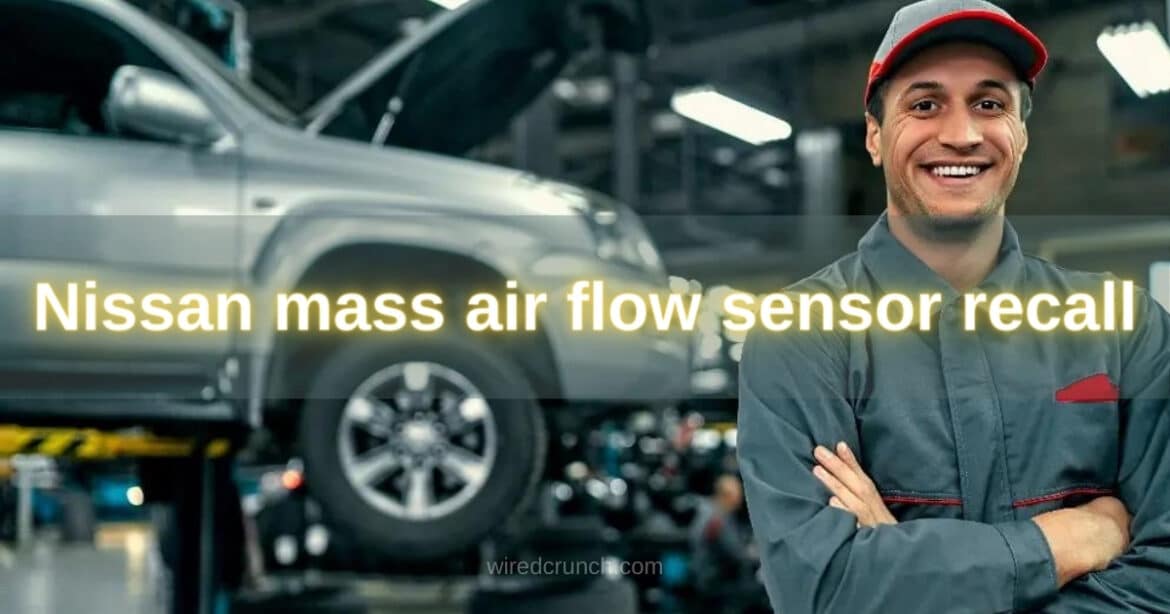Experiencing a Nissan mass air flow sensor recall can concern any vehicle owner. The mass airflow (MAF) sensor is a crucial component in a modern fuel-injected engine. It measures the amount of air entering the engine to determine the correct amount of fuel for optimal combustion and performance.
The MAF sensor works by measuring the volume, density, and temperature of incoming air. It then sends this information to the engine control module (ECM). The ECM adjusts the fuel injection timing and duration based on this data to ensure the engine runs efficiently.
When there is a recall, it means that Nissan has identified a potential defect in the MAF sensors used in some of their vehicles. This can lead to symptoms like rough idling, stalling, poor acceleration, and increased fuel consumption.
The recall typically involves inspecting the MAF sensor. If necessary, it includes replacing or reprogramming it to restore proper function. Addressing these issues promptly through a recall ensures your vehicle maintains its performance and safety standards.
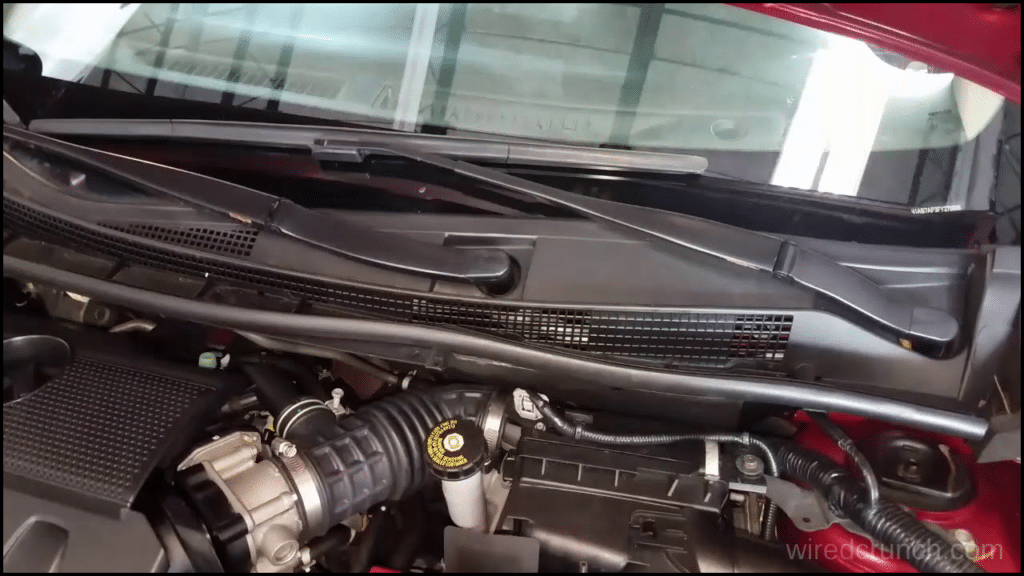
Understanding the MAF sensor’s role and its malfunction’s implications helps you stay informed and proactive about vehicle maintenance.
Table of Contents
Explanation Of How Nissan Mass Air Flow Sensor Works
The MAF, or Mass Air Flow, is really important in today’s engines. It helps control how much air goes into the engine. It measures the air coming in and figures out how much fuel to add for the best mix of air and fuel. While the engine is running, the MAF keeps telling the engine computer how much fuel to use.
Without the MAF, engines would struggle to balance fuel and air intake, which would make them work less well and produce more pollution. Recently, there was a Nissan mass air flow sensor recall to fix any problems with these sensors. So, if you’re having any issues, it’s a good idea to get them checked out.
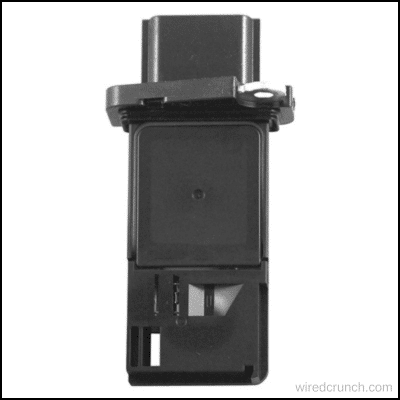
Nissan mass air flow sensor recall for MAF sensor issue
Recall for Air Flow (MAF) issues is crucial for keeping your car’s engine running well. The MAF sensor measures how much air goes into the engine and tells the car’s computer to adjust the fuel and ignition systems. If the sensor isn’t working right, it can cause problems like using more fuel, poor acceleration, or even stalling.
Recently, there was a Nissan mass air flow sensor recall to fix these issues. It’s essential to get any MAF problems fixed quickly by a professional mechanic. By fixing these issues on time, you can make your car last longer and avoid bigger problems later. So, always prioritize maintaining and repairing the MAF sensor.
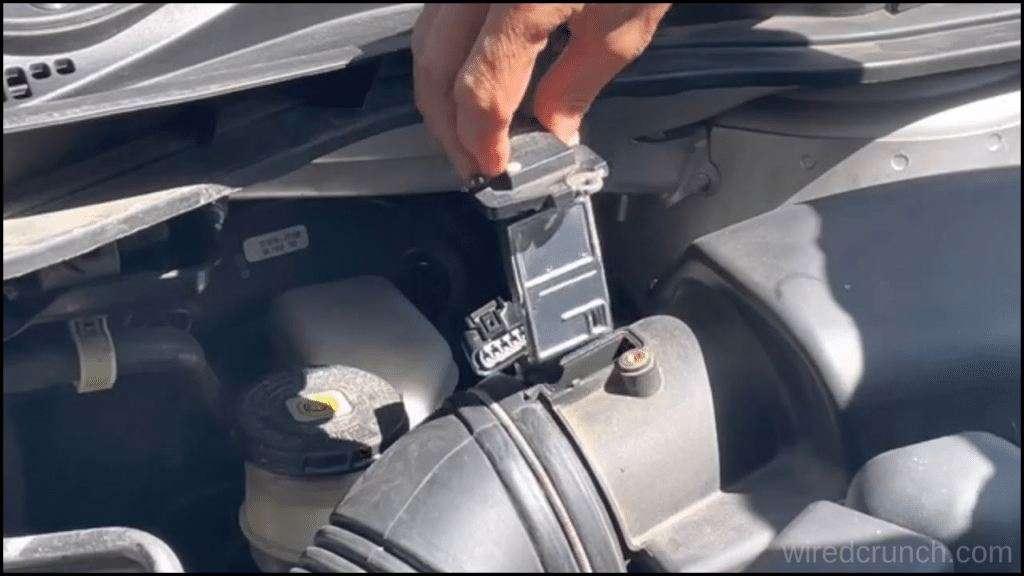
Symptoms of Nissan mass air flow sensor recall
You will see these common symptoms when your Nissan MAF sensor fails.
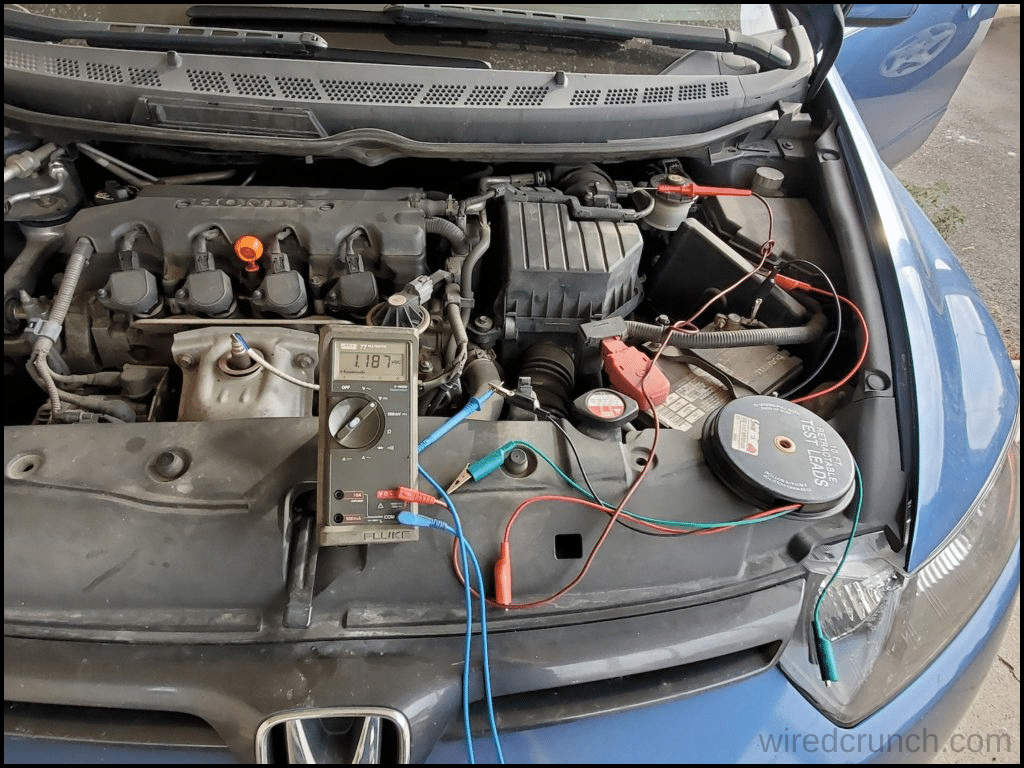
- Check engine light is on.
- Nissan is hard to start.
- The engine stalls soon after starting.
- The engine runs too lean or rich while idling.
- Vehicle idles too high or low.
- Nissan hesitates under load.
- The vehicle hesitates and jerks during acceleration.
- High fuel consumption, poor MPG.
If your car’s engine is acting up, it might be because of a problem with the Mass Airflow Sensor (MAF). Symptoms of a faulty MAF can include rough idling, using more fuel, and feeling less powerful when you step on the gas. Sometimes, the engine might even stop running or have trouble starting. If you think your MAF isn’t working right, it’s crucial to get it checked and fixed quickly to avoid harming your engine. Recently, there was a Nissan mass air flow sensor recall to address these issues. So, if you’re having any problems, it’s a good idea to get it checked out.
Why the MAF Is Important for Fuel Efficiency and Emissions Control
Maintaining fuel efficiency and controlling emissions is critical for modern transportation. Recently, there was a Nissan mass air flow sensor recall, which highlights the importance of keeping vehicle parts in good condition.
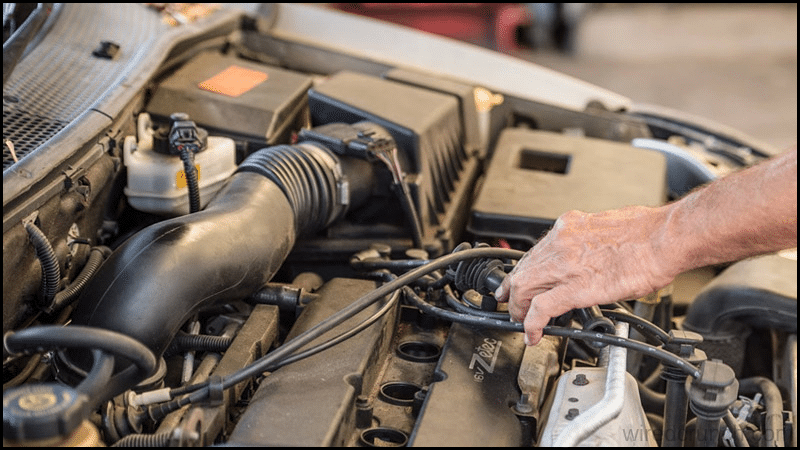
The Mass Air Flow sensor (MAF) is key to this effort, as it helps balance fuel and air intake for optimal performance. Proper maintenance of the MAF sensor can extend vehicle lifespan, improve fuel efficiency, and reduce emissions. Additionally, technical expertise and training in emissions control can promote the use of cleaner and more efficient vehicles. The role of the MAF in maintaining fuel efficiency and emissions control is essential for protecting our environment and ensuring a sustainable future.
Steps Nissan Has Taken to Address the Recall, Including Repair and Replacement Options for Affected Customers
In recent years, Nissan has faced various recalls related to vehicle safety concerns. One significant issue is the Nissan mass air flow sensor recall. When addressing this recall, Nissan has taken several steps to ensure their customers remain safe and satisfied.
First and foremost, Nissan informs all affected customers through email, phone calls, and postal mail. They provide detailed information about the recall, including its reasons and potential risks. Customers are guided on the necessary steps to address the issue.
Nissan ensures customers have multiple options to resolve the problem, such as free repairs or replacements. To minimize inconvenience, they also offer loaner cars while the customer’s vehicle is being serviced. By taking these measures, Nissan demonstrates its commitment to customer safety and satisfaction.

Explanation of Potential Consequences of Ignoring Mass Air Flow (MAF) Issues
Ignoring MAF (mass air flow) issues in a car can lead to serious problems like lower fuel efficiency and engine damage. The MAF sensor checks how much air goes into the engine and tells the engine control unit (ECU), which then decides how much fuel to use.
If you ignore MAF issues, the engine might get too much or too little air, causing wrong fuel injection and lower fuel efficiency. A bad MAF sensor can also make the engine run too lean or too rich, damaging the engine over time.
Therefore, it’s important to fix MAF issues quickly to avoid problems like poor performance, higher fuel costs, and engine damage.
Note: The Nissan mass air flow sensor recall addresses a critical issue affecting vehicle performance and safety. It’s important to respond promptly to recall notifications to avoid problems like reduced fuel efficiency and engine damage. Nissan provides free repairs or replacements to ensure customer satisfaction and safety.
Conclusion
Addressing the Nissan mass air flow sensor recall promptly is crucial for maintaining your vehicle’s performance and safety. Ignoring MAF issues can lead to decreased fuel efficiency and potential engine damage. By taking advantage of Nissan’s recall services, such as free repairs or replacements, you can ensure your vehicle remains in optimal condition and avoid costly future problems. Nissan’s commitment to customer safety and satisfaction is evident in its proactive measures to resolve these issues.
Frequently Asked Questions (FAQs)
How to check if Nissan has a recall?
Please use the Nissan Recall Lookup tool to confirm if your vehicle is involved and to obtain instructions specific to your vehicle.
How do I know if my car has an open recall?
Go to nhtsa.gov/recalls to see if your vehicle has an open recall. Many of the vehicle manufacturers also offer tools to look up if a vehicle has a recall. Click on the vehicle manufacturer below to go to their recall pages with information on specific models.
Can I run an engine without a mass air flow sensor?
You can drive without an MAF. But the engine will run rich, the CEL will be on and it might stop pulling past a certain RPM. So definitely get it fixed soon. Without an MAF to tell the computer how much air is coming in, it will run on what’s known as alpha-n.
What is the newest Nissan recall?
Nissan is recalling its 2024 Nissan Sentra compact sedan due to a malfunction that can cause the engine to lose power. According to the National Highway Transportation Safety Administration, the reason the engine could lose power is because these sedans are missing a clip.
Do Nissan recalls expire?
No. Automotive safety recalls do not expire.
READ MORE :
How to Fix Low Speed Braking Control Problem Parking Sensor Obstructed Issue
How to Fix Tire Pressure Sensor Fault in Ford Fusion
How to Fix Tire Sensor Fault in Ford Explorer
Nissan Mass Air Flow Sensor Recall Process
I have a professional background with a Diploma in Information Communication Technology, which brings a blend of technical expertise and creative flair to my writing. Currently, I serve as a writer for Creativeoutrank LLC and contribute to their various websites.
I’m writing is a ref... Read more
